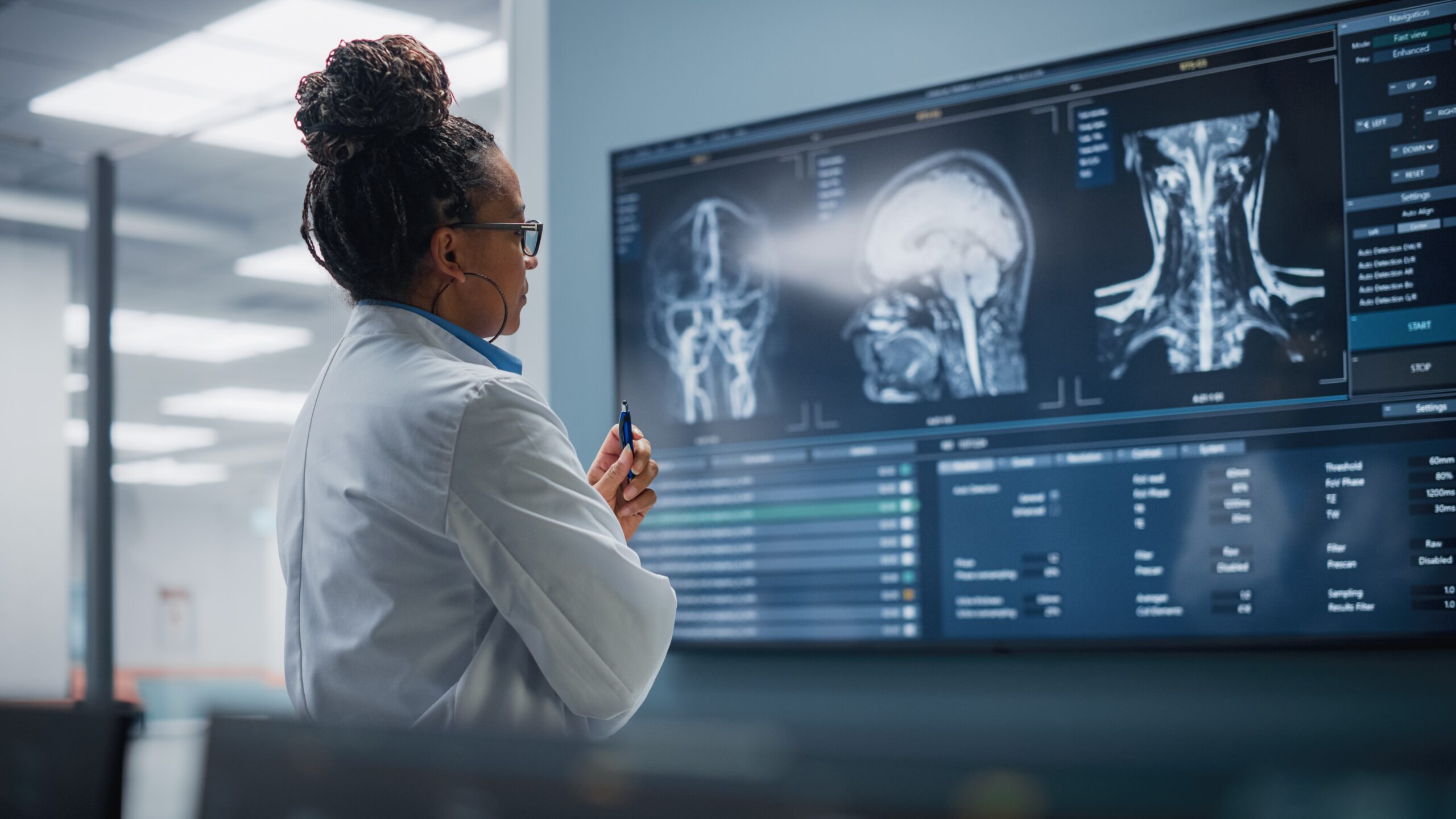
The exciting and intriguing new developments in long term traumatic brain injury (TBI) has arisen thanks to new research which have been revealed recently in the USA by a group of medical facilities and universities.
Although based on a very small sample of cases (only six TBI patients throughout the whole of the States took part in the trial and one of those failed to complete it), the results from the five who did are being hailed as remarkable and included someone who had survived a 450-feet fall.
The experiment was revealed initially in the magazine Nature Medicine and was then taken up by the Harvard Gazette which hailed it as “as a win for science, and patients, against brain injury nihilism”. A professor at Harvard’s Medical School helped to design the study.
The programme took as its theory the suggestion that messages may still be able to travel round a damaged brain if its channels of communication are subjected to electrical stimulation. Battery powered devices were therefore implanted under the patients’ skin and then linked to the thalamus, which routes messages from one part of the brain to another.
The patients were then given a standard test involving attention, inhibition, reasoning, problem-solving and other key aspects of mental processing, and all of them showed improvements of between 15 per cent and 52 per cent.
The volunteers had all suffered moderate to severe TBI from either a motor vehicle accident or a fall which had occurred between three and 18 years earlier, long enough for the patients to be past the immediate post-injury phase when most healing takes place. Each had recovered enough to perform normal daily tasks, but had not regained pre-injury levels of work, study, and social activities.
The usual view of brain injury is that damaged cells cannot regrow, leading to permanent disability. In these research cases, however, the researchers tested an alternative theory that some injuries may disrupt signalling between parts of the brain, and it is sometimes the loss of communication, rather than cell death, that causes much of the TBI damage.
The five volunteers received deep-brain stimulation for 12 hours a day for three months. By the study’s end, the patients had produced an average improvement in test results of 31.75 per cent. The greatest gains, more than 40 per cent, were seen in the two patients who had suffered falls and had the worst initial problems.
Even those with mild impairment improved by more than 20 per cent. Two participants, one injured in a car accident and a second hit by a car while riding a bicycle, regained some ability to work and socialise.
None of the patients were completely cured and the researchers looked upon the implant as having a long-term role like that of a cardiac pacemaker. All five participants still have their devices, and some have had new batteries installed.
The findings have been welcomed by Philip Coulthurst who says: “At Coulthursts, our whole work ethic is about improving the future life hopes and expectations of our clients with TBI, so anything that might enhance our efforts has got to be a good thing.
“We are constantly on the look-out for new developments and cutting-edge treatments that can enhance our client’s long-term outlook, both as part of the recovery and rehabilitation and compensation journey, so we will be watching this progress with Interest.”
For further information, visit A win for science, and patients, against brain injury ‘nihilism’ — Harvard Gazette
For our terms of use and disclaimer follow this link: https://coulthursts.co.uk/
